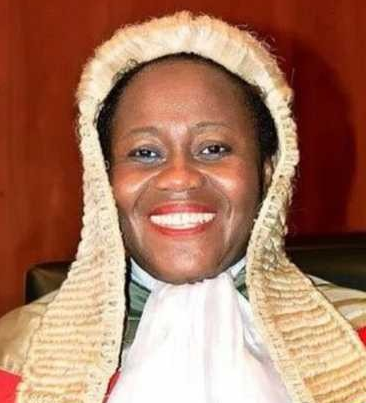Supreme Court Dismisses Attorney General’s Objection in Chief Justice Torkornoo’s Removal Case

The Supreme Court of Ghana has delivered a significant ruling in the ongoing case concerning Chief Justice Gertrude Torkornoo’s removal. The decision, which dismissed an objection filed by the Attorney General, paves the way for the investigative committee to proceed with its inquiry into the petitions calling for her suspension. This development highlights critical issues surrounding judicial independence, procedural fairness, and executive influence in Ghana's legal system.
Background: The Petition Against Chief Justice Torkornoo
Chief Justice Gertrude Torkornoo’s tenure has faced legal scrutiny following petitions that alleged misconduct and raised concerns about her suitability to continue in office. In response to these petitions, a five-member investigative committee was established by President John Dramani Mahama to review the claims. However, Justice Torkornoo challenged the committee's legitimacy, arguing that its proceedings were unfairly constituted and could compromise the integrity of the judiciary.
Her legal team filed an injunction to halt the committee’s work until the case was fully resolved. Additionally, Justice Torkornoo sought to prevent two Supreme Court Justices—Gabriel Scott Pwamang and Samuel Kwame Adibu-Asiedu—from participating in the hearings. She argued that Justice Pwamang had previously ruled on cases involving one of the petitioners, Daniel Ofori, which raised concerns over impartiality. Likewise, Justice Adibu-Asiedu had been involved in a separate injunction application related to the removal case, further complicating matters.
The Attorney General’s Objection and the Supreme Court’s Ruling
The Attorney General, acting on behalf of the government, filed an objection against Justice Torkornoo’s application, arguing that the members of the investigative committee should not be affected by the injunction request. According to the Attorney General, Justice Torkornoo herself had indicated that the committee members were not central to the reliefs she sought. However, the Supreme Court dismissed this objection, ruling that the claims and legal arguments presented by the Chief Justice were indeed directed at the committee members, thereby making them proper parties in the case.
The ruling has reinforced the Supreme Court’s stance on ensuring procedural fairness while allowing the investigative committee to continue its work. By dismissing the Attorney General’s objection, the court has emphasized that due process must be followed and that all parties involved should be given a fair opportunity to present their cases without interference.
Implications for the Judiciary and Next Steps
The Supreme Court’s decision carries significant implications for judicial independence in Ghana. While the ruling allows the committee to proceed with its inquiry, it also raises broader concerns about executive influence over judicial matters. The case has sparked debates among legal experts, political analysts, and the general public regarding the boundaries of executive power in appointing and removing high-ranking judicial officials.
Justice Torkornoo’s legal team may explore further avenues to challenge the proceedings, but for now, the Supreme Court’s ruling stands as a pivotal moment in the unfolding judicial saga. Whether the petition against her results in removal or reinstatement, the case will continue to shape conversations about governance, transparency, and the rule of law in Ghana.



0 Comments
No comments yet, be the first to comment